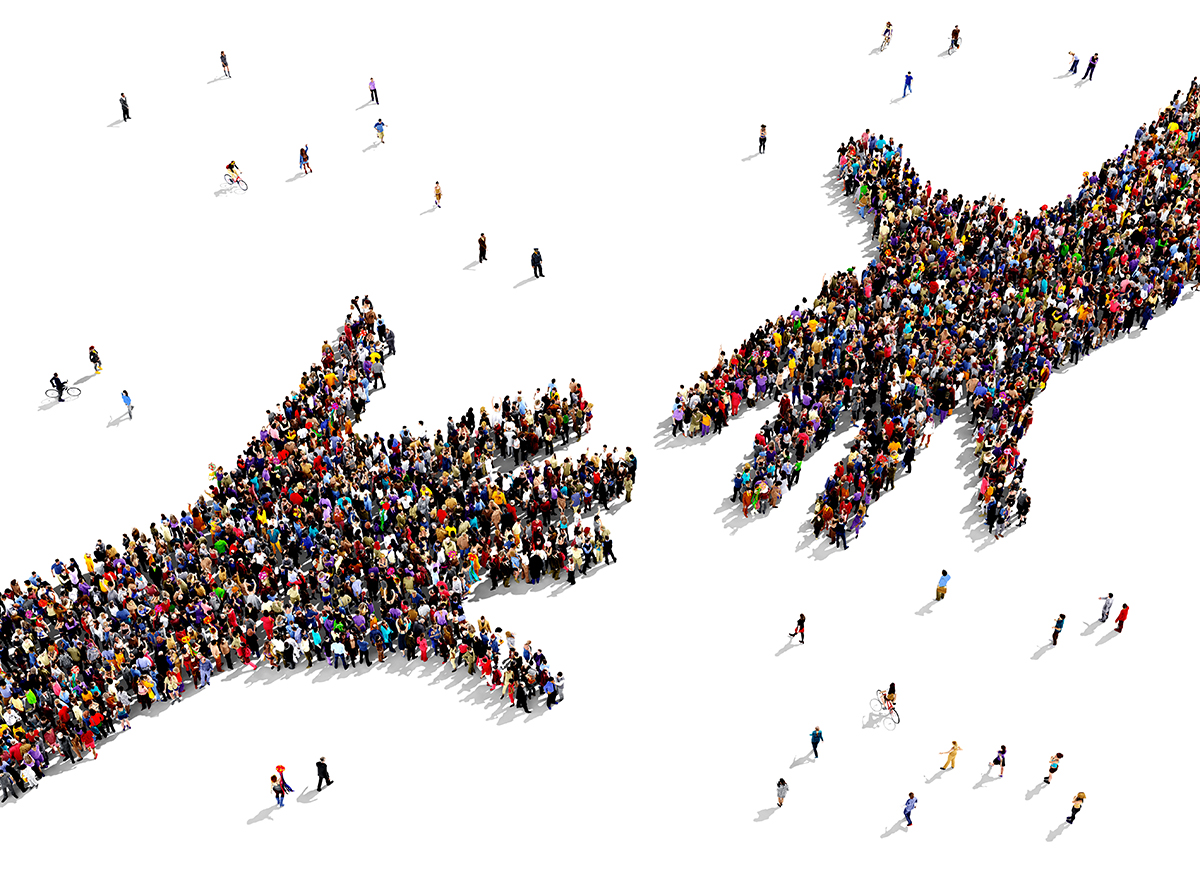The History of Timebanking
Welcome to our page on the history of timebanking, a fascinating journey through time and community spirit. Timebanking is a unique system where people exchange services using time as currency. One hour of work equals one time credit, regardless of the task. This concept fosters equality, builds community, and promotes mutual aid. Let's explore its origins and evolution.






